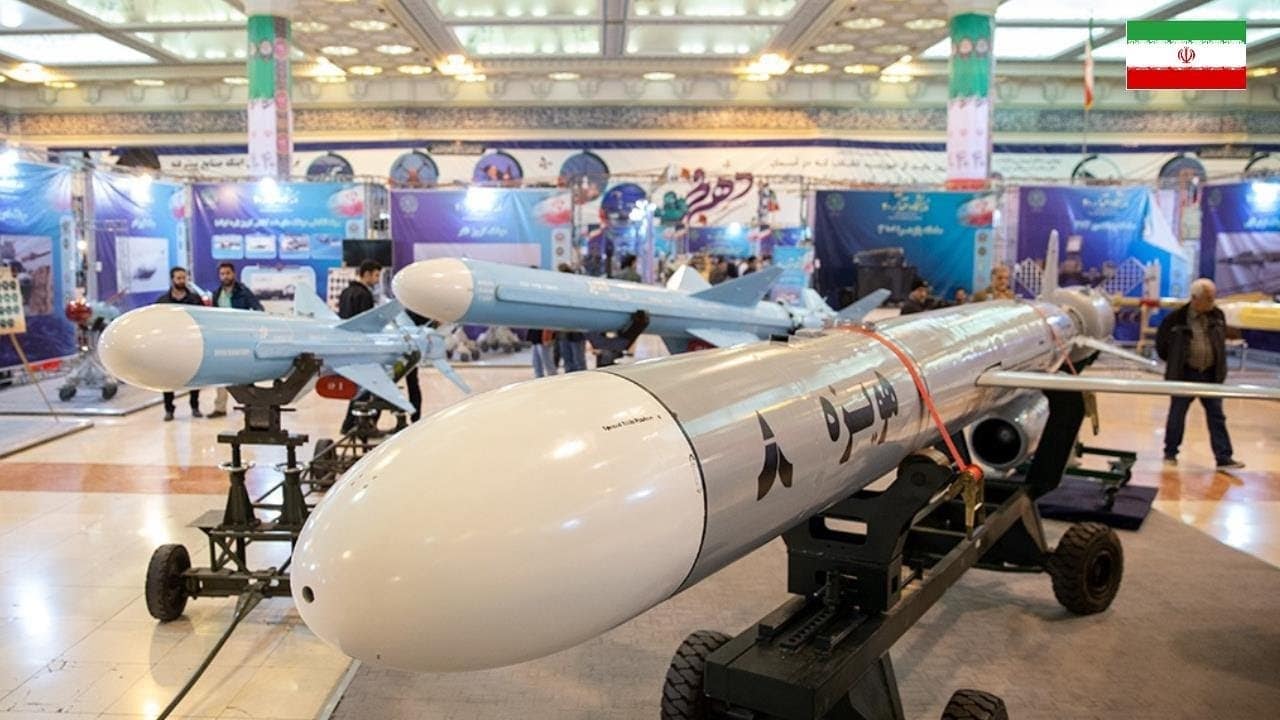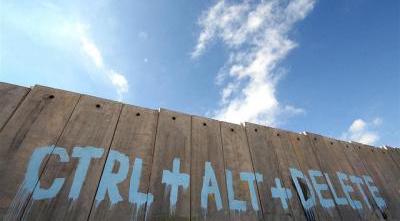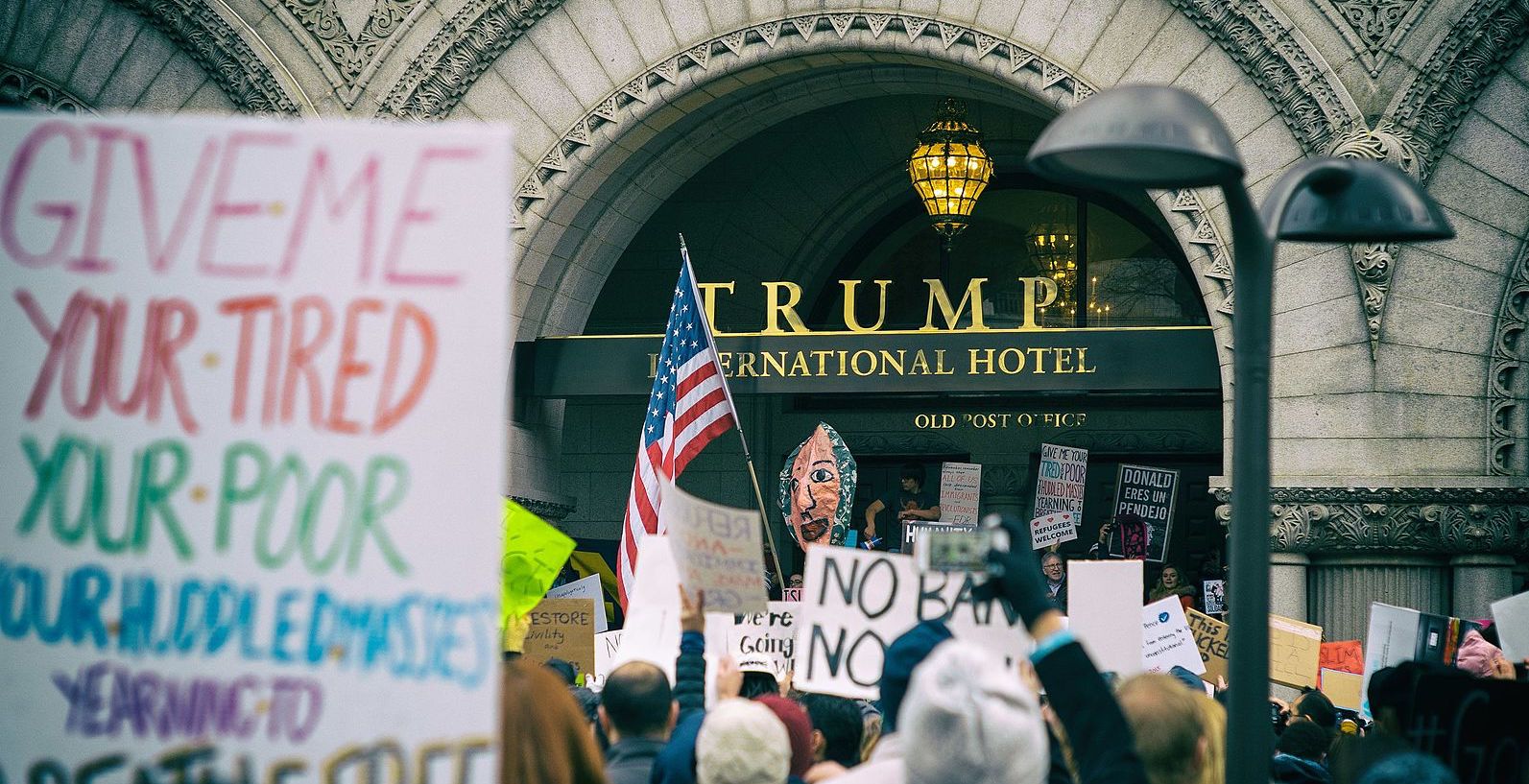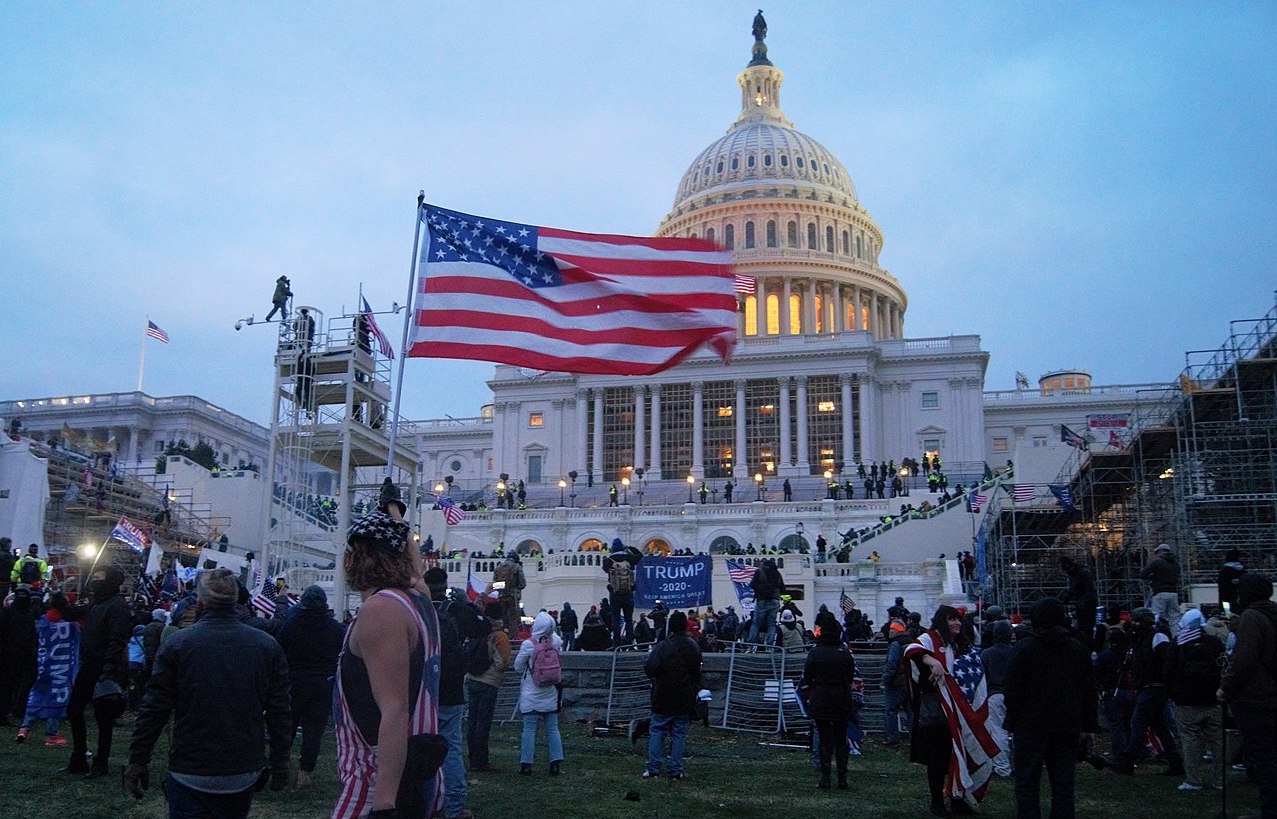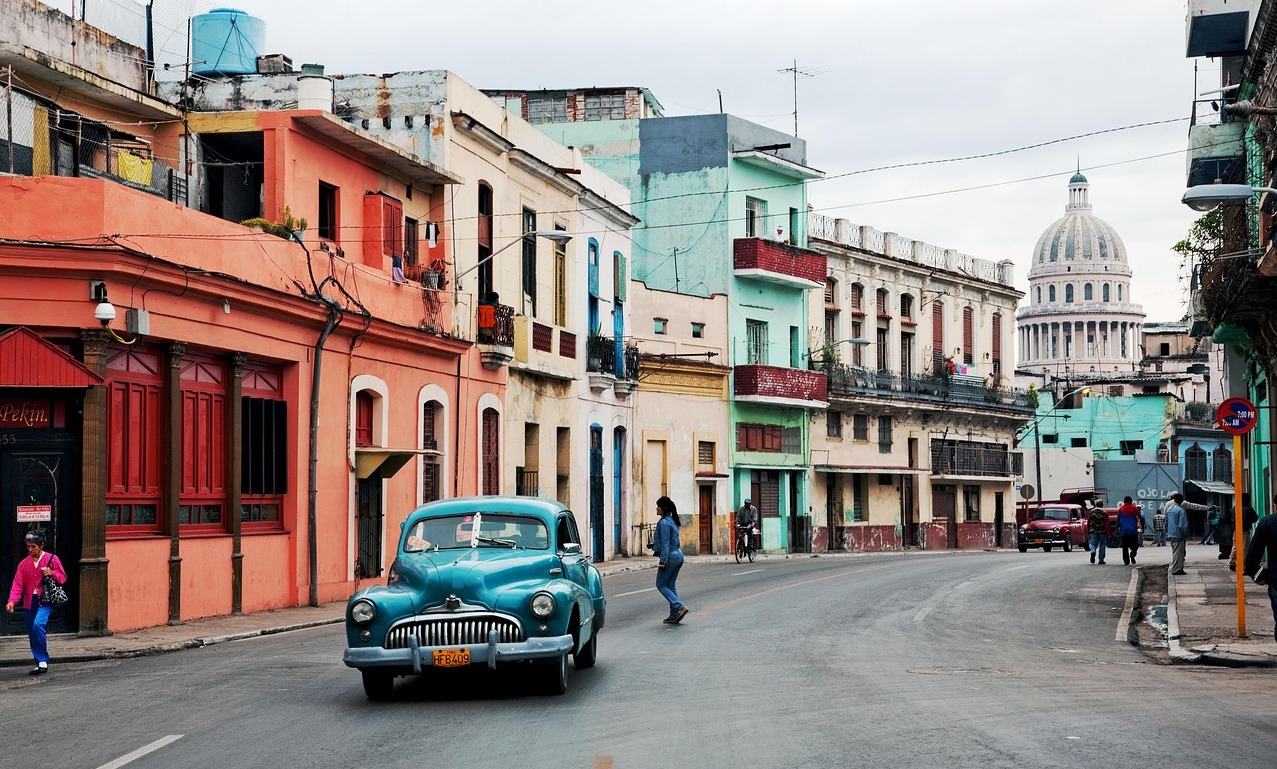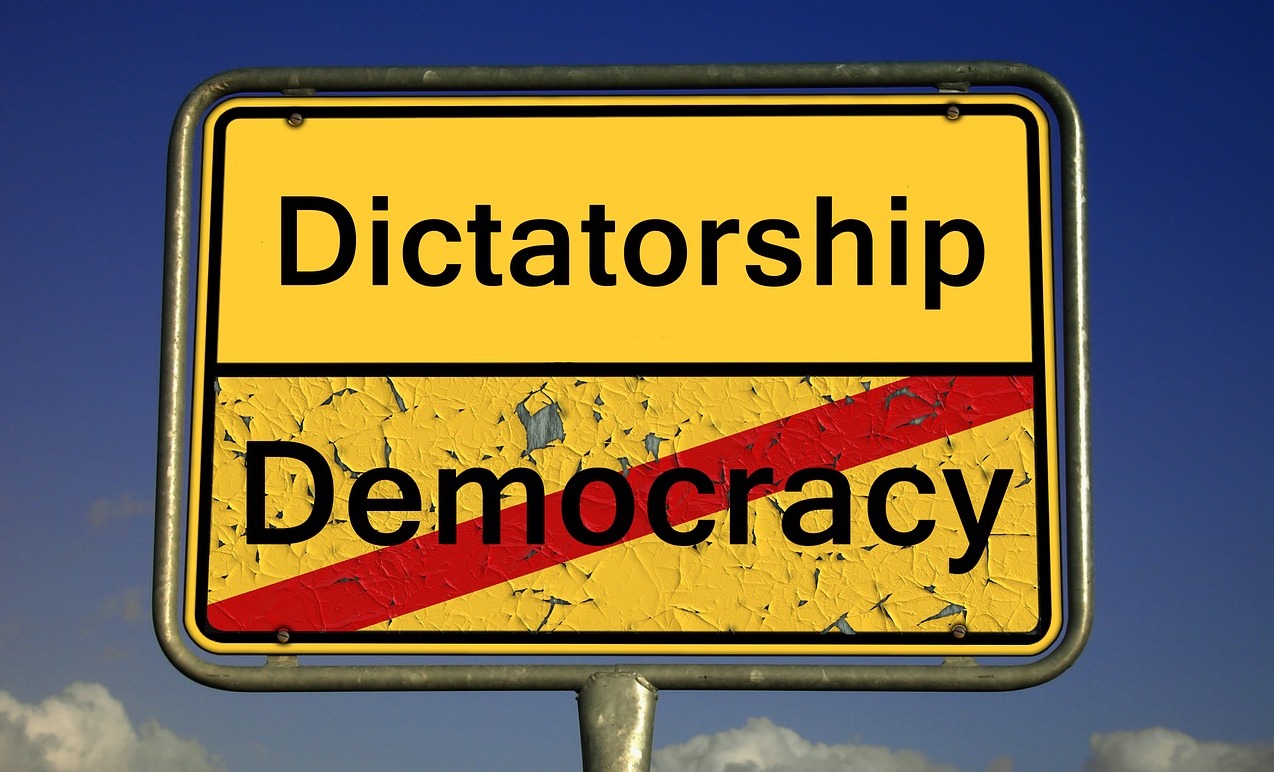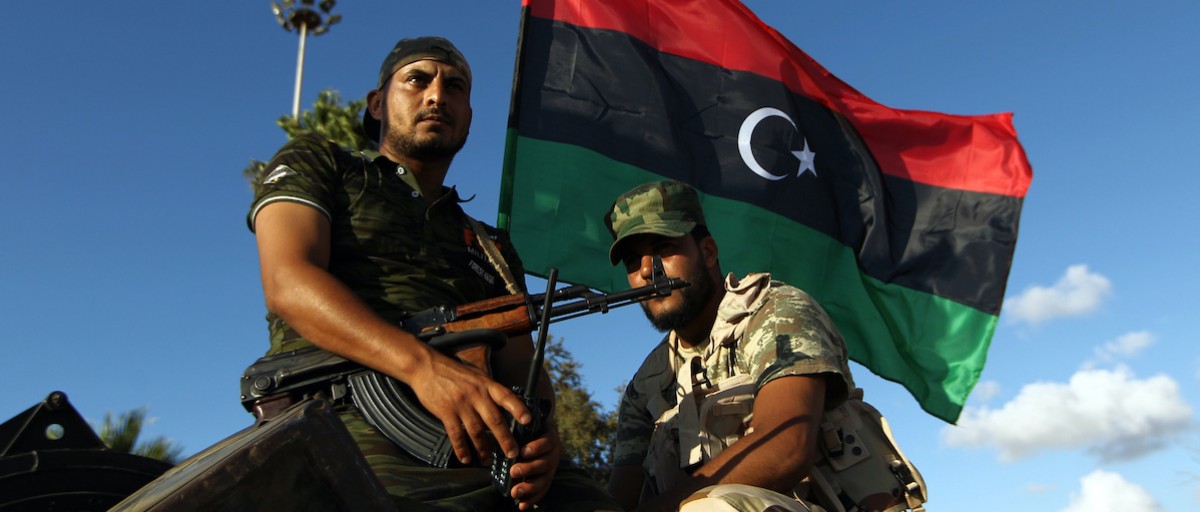
Libya: Blackwater CEO trafficked arms to Russia-backed warlord
Erik Prince, former CEO of the notorious private military company Blackwater, violated the UN arms embargo on Libya with a clandestine pipeline to a rebel warlord, according to a confidential report to the Security Council obtained by the New York Times. The report found that in 2019 Prince deployed a force of foreign mercenaries and weapons to renegade military commander Khalifa Haftar, who has been fighting to depose the UN-recognized Libyan government—and is also being aggressively backed by Russia. (Photo via ISS Africa)



